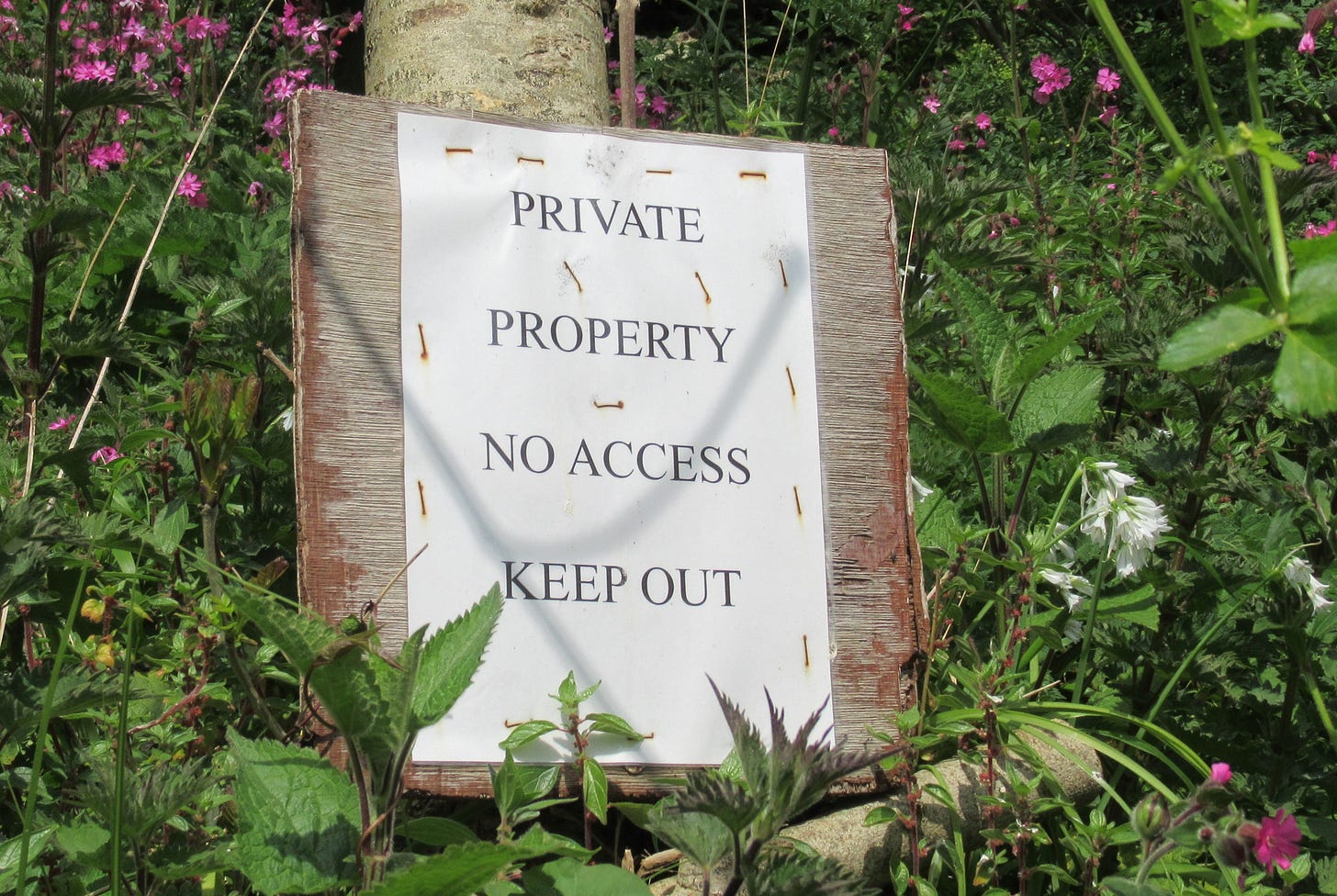Compensating the Infringement of Property Rights in Planning Decisions
Compulsory Purchase Orders and Lesser Infringement
Michael Furminger BL undertakes advisory work and An Bord Pleanála Oral Hearings in planning cases involving property compensation issues including Compulsory Purchase Orders.
Planning cases sometimes involve issues concerning property rights. Indeed, it was claimed that the idea of property owners having to obtain planning permission for development of their own land at all was, in principle, a contravention of their property rights. That idea was scotched in Central Dublin Development Association v AG (1975) 109 ILTR 69.
Balancing Property Rights with the Common Good
It is well known that the Constitution guarantees the personal rights of the citizen which include property rights (Articles 40.3.1/2 and 43.1) subject to “the principles of social justice” and “the exigencies of the common good” (Article 43.2).
Constitutional justice does not allow either developers or An Bord Pleanála to act “without proper consideration for the rights of others” (O'Brien v Board na Mona [1983] IR 255, 283). The exercise of the Compulsory Purchase jurisdiction, for example, necessitates a balance being drawn between the rights of property and its enjoyment with the demands of the common good (Central Dublin Development Association).
In most cases it will fall to the Board to determine “whether the constitutionally guaranteed rights of the citizen in respect of his private property should yield to the exigencies of the common good” (O'Brien at page 270).
Which Property Rights are Protected?
Ordinarily, Compulsory Purchase will become relevant where a property literally stands in the way of a proposed development - on a redevelopment site, for example, or on the preferred route of a road. In such cases, an owner's property rights are balanced with what are seen as the advantages of a proposed development by a payment equal to the value of the entirety of the property - either assessed by an arbitrator or, much more commonly, agreed.
What is the position, however, where property rights are infringed to a lesser extent? Are developers obliged to compensate for interference with property rights falling short of complete deprivation?
Protection for Property Rights Short of Ownership
It is submitted that the Constitutional right to private property would be meaningless without a right to enjoyment of the same. More definitively, the European Convention on Human Rights (“ECHR”) states that;
“Every natural or legal person is entitled to the peaceful enjoyment of his possessions.” (Art 1 of the Protocol)
“Everyone has the right to respect for his private and family life, his home...” (Art 8)
The European Convention on Human Rights Act 2003 requires that Irish domestic law is to be interpreted in accordance with the ECHR (s2) and that the Court take Judicial notice of the case law of the Convention (s4).
The case law of the ECHR clearly protects property rights short of ownership.
In Bistrovic v Croatia [2007] ECHR 423, a state authority sought to expropriate part of the applicants' lands. The applicants resisted this proposal and asked that their land be taken in its entirety. They asserted that part only of their land would be of no use to them and that both the construction and operation of the proposed motorway would cause significant noise pollution. Compensation was granted only for the expropriated land. The applicants argued that there had been interference with their right to peaceful enjoyment. The Court agreed and, crucially, held that by not taking account of unexpropriated land, the national authority had failed to strike a fair balance between the private and public interests involved.
The Court referred to previous cases in which compensation for partial expropriation had been refused (para 40) but continued;
Keep reading with a 7-day free trial
Subscribe to Irish Planning and Environmental Law to keep reading this post and get 7 days of free access to the full post archives.


